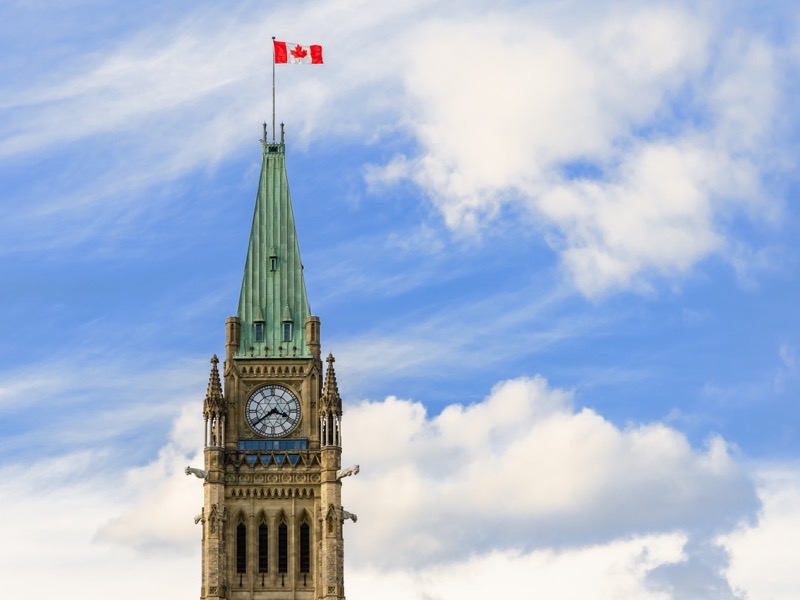
When Harold Macmillan, Britain’s prime minister from 1957 to 1963, was asked by a journalist what was most likely to knock his government off course, he famously answered: “Events, dear boy, events.”
That response will likely cross the mind of Justin Trudeau when people ask what happened to pharmacare in the coming months.
As we know, pharmacare, the marquee Liberal promise in the 2019 election, was quickly knocked to the bottom of Trudeau’s to-do list by Covid-19 in early 2020 — and it may be off the table altogether as the pandemic continues.
Pharmacare got scant attention in the April budget, although it was still mentioned as a government priority at some point — just not now.
The downgraded importance of pharmacare probably will not hurt Trudeau’s chances of re-election if Canadians go to the polls this fall, since voters will likely still be preoccupied with Covid-19. Plus, a pile of new issues — ranging from China to Islamophobia and Indigenous reconciliation — has been dogging the Trudeau government and will crowd out pharmacare as a ballot issue.
But pharmacare could well be a potentially fatal issue for Trudeau if he wins a third term. The Liberals first promised pharmacare in the 1997 election, but the they may not be able to deliver on the promise for several more years.
Think back five months, when the big political issue was Covid vaccines coming into the country at a trickle. Canadian voters were furious.
As we now know, the feds were able to turn the vaccine shortage around in what will be a case study in political issue management for years to come. Canada now leads the world in the proportion of the population that has received at least one vaccine dose.
The Liberals’ prospects of re-election to a majority government look very promising thanks to the co-operation of Big Pharma.
The governing party has come a long way since late 2020, when Trudeau was busy preparing voters for disappointment. Canada, he explained then, had to import most of its pharmaceuticals, meaning Canadians would be at the back of the queue for vaccines.
The opposition pounced and the commentariat pronounced vaccine shortages the Liberals’ Achilles heel.
In the new year, Trudeau began announcing vaccine procurements in progressively larger amounts. He turned his vaccine-shortage problem into an advantage by lowering voters’ expectations and then over-delivering.
But to do that, Trudeau needed the co-operation of at least four pharmaceutical companies.
Historically, there is no love lost between Big Pharma and the Liberals — or the Trudeau family in particular. Pharma is still sore about how Pierre Trudeau used legal powers from the 1920s to pass a compulsory licensing law that forced patentholders to license generic drug makers to make and sell their products in 1969.
The patent drug companies lobbied Washington for years until Ronald Reagan sat down with Brian Mulroney at the Shamrock Summit in Quebec City in 1985 and told him there would be no free trade agreement without the elimination of compulsory licensing.
Canada’s drug prices went from being among lowest in the world to being among the highest. In return, Big Pharma was supposed to spend millions on research and development in Canada. That promise was never fully delivered because Ottawa never enforced it, for whatever reason.
Soon after taking office, Justin Trudeau got busy changing Canada’s regulated pricing formula to bring pharmaceutical prices way down. Then he started talking pharmacare in earnest. Big Pharma wasn’t amused.
So, how did Canada get to the front of the vaccine line?
There may not have been any tangible agreement with the pharmaceutical sector. But the quid pro quo is a powerful force in politics — so much so that it doesn’t have to be spoken, just a simple nod between agreeing parties.
If pharmacare isn’t to be, Trudeau won’t be the first politician to break an election promise. His predecessor got elected in 2006 promising shorter wait times for surgery across the country. Then Stephen Harper declared health care to be a strictly provincial jurisdiction after realizing how difficult his promise would be to keep.
Watch for joint announcements, photo ops and other signs of Ottawa and Pharma getting chummy — such as when Trudeau dropped by the Pfizer plant for a tour on his way home from the G7 and NATO summits — in the months ahead.
And watch for Trudeau to increase the Canada Health Transfer on the condition that the provinces begin implementing pharmacare.
Trudeau has had plenty of practice getting out of a jam. He could very well get out of this one. If not, pharmacare could be his Waterloo.